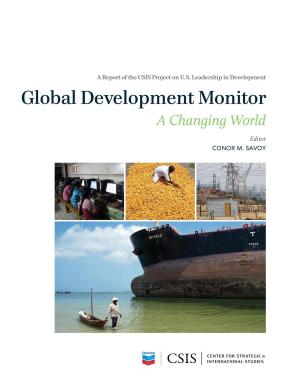A Biological Threat Prevention Strategy
Complicating Adversary Acquisition and Misuse of Biological Agents
Nonfiction, Social & Cultural Studies, Political Science, International, International Security| Author: | Carol Kuntz, Reynolds Salerno, Eli Jacobs | ISBN: | 9781442224742 |
| Publisher: | Center for Strategic & International Studies | Publication: | May 15, 2013 |
| Imprint: | Center for Strategic & International Studies | Language: | English |
| Author: | Carol Kuntz, Reynolds Salerno, Eli Jacobs |
| ISBN: | 9781442224742 |
| Publisher: | Center for Strategic & International Studies |
| Publication: | May 15, 2013 |
| Imprint: | Center for Strategic & International Studies |
| Language: | English |
A contradiction sits at the core of U.S. biological threat prevention policy. Despite the U.S. government accepting the scientific and industrial costs of a domestic biosecurity system, it has not committed the diplomatic and financial resources needed to successfully promote the global adoption of similar systems. While the safety and security of biological pathogens within the United States are important national goals, their pursuit has the potential to impede another crucial goal: a robust research and commercial enterprise. To make matters worse, domestic policies are insufficient to fully protect U.S. citizens, since they provide limited protection from attacks launched with pathogens brought into the United States from abroad. Biosecurity has become a global problem. With the rapid spread of technology and know-how, attacks that originate from less-regulated locales outside the United States are becoming increasingly serious risks to U.S. national security. This means that the United States is bearing the full costs of domestic bio threat prevention without attaining the benefits of a thorough global prevention system.
A contradiction sits at the core of U.S. biological threat prevention policy. Despite the U.S. government accepting the scientific and industrial costs of a domestic biosecurity system, it has not committed the diplomatic and financial resources needed to successfully promote the global adoption of similar systems. While the safety and security of biological pathogens within the United States are important national goals, their pursuit has the potential to impede another crucial goal: a robust research and commercial enterprise. To make matters worse, domestic policies are insufficient to fully protect U.S. citizens, since they provide limited protection from attacks launched with pathogens brought into the United States from abroad. Biosecurity has become a global problem. With the rapid spread of technology and know-how, attacks that originate from less-regulated locales outside the United States are becoming increasingly serious risks to U.S. national security. This means that the United States is bearing the full costs of domestic bio threat prevention without attaining the benefits of a thorough global prevention system.















